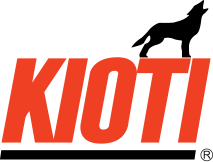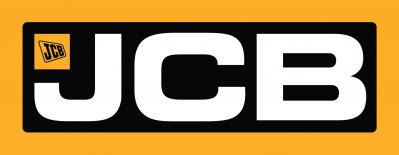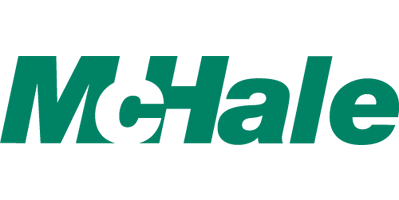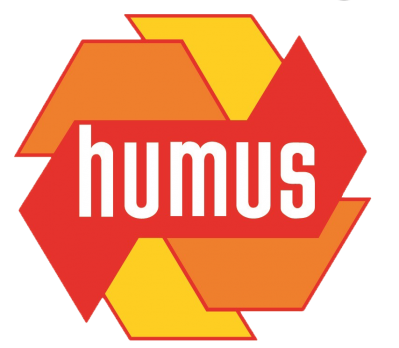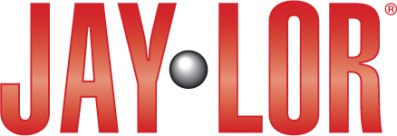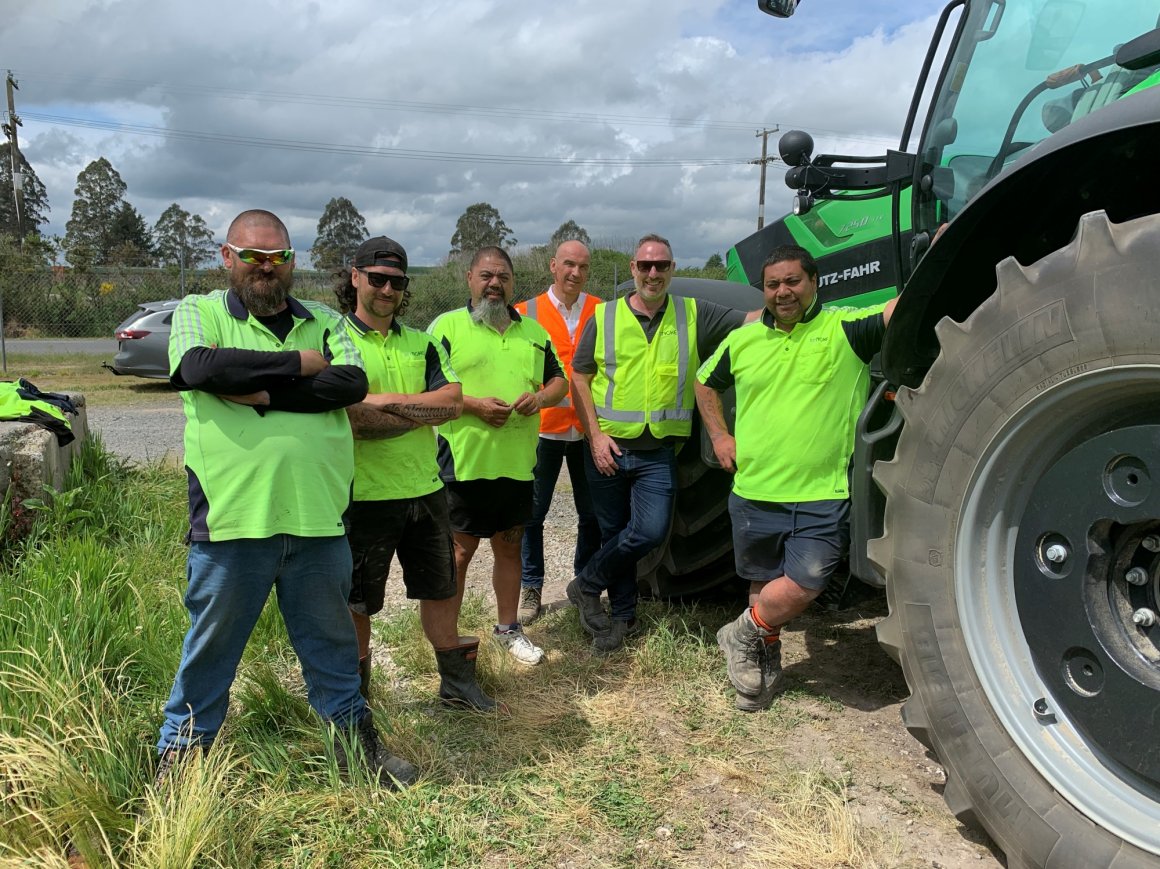
Michael Quintern is a charismatic soil scientist and worm specialist. Originally from Germany, he is the founding Director and Senior Scientist at MyNoke, the world's largest vermi-composting operation. Its headquarters are in Taupo, New Zealand.
MyNoke provides regenerative resource management via vermi-composting, which converts valuable nutrients from landfills to vermicast, mature soil humus. Instead of going to waste, these nutrients are recycled and returned to the soil from where they originally came.
Michael’s enthusiasm for the process is evident.
"We use 600 million-year-old technology to convert 1/4 of 1 million tonnes of organic waste into Black Gold in 2021. It is no wonder my underground workforce is a major priority for me. With approximately 3 billion of them, it's important to keep the worms happy and well-fed."
The Black Gold that Michael speaks of is pure, mature earthworm castings, vermicast. Typical nutritional values of the vermicast include over 30% organic matter, 1% nitrogen, 0.5% phosphorus, sulphur, potassium, magnesium, calcium, sodium, a carbon to nitrogen ratio of 15 which means it is a mature, stable humus and a pH between 6.8 and 7.1 (neutral). The vermicast is high in beneficial soil organisms, bacteria, fungi, mycorrhiza, and protozoa, essential for soil health. An order of Black Gold as a soil conditioner, comes with some of its creators in the vermicast.
MyNoke's first operational vermi-composting site was intentionally positioned at Kinleith Paper Mill. After initial vermi-composting trials in 2007, the Kinleith Paper Mill offered Michael a one year contract to prove his theory: that by taking the fibrous waste from the paper processing plant, mixing it with other waste and feeding it to worms, they would recycle it into a valuable soil conditioner.
"So I left my position of senior scientist at a Crown Research Institute to prove my research. One year became two, and recently we've signed a 20-year service agreement."
Following rapid growth in the take-up of his vermicast products by farmers and growers, Michael was planning further expansion to his business as COVID-19 hit. He used his time to develop his plan with the help of Phil Holland, a Bay of Plenty business coach, whom he eventually lured to work with MyNoke as General Manager in January 2021.
Michael commented, "Phil is a business guru and able to juggle twenty-seven balls at one time. He likes to keep things simple and makes them fun."
As the dynamic pair worked effectively together, Phil realised rapid expansion throughout New Zealand was possible.
With that in mind and their growing need for high-quality European tractors and machinery familiar to Michael, he looked to Power Farming. Their extensive dealership network could provide consistent sales and after-sales service for MyNoke's developing network in New Zealand and Australia in the future.
Phil commented, "One day, at our Taupo site, I noticed the multi colours of our tractor brands. Second, only to our worms are our above ground workforce. I thought to myself, where is the efficiency in that? If drivers have to learn a new tractor every time they jump in, other parts of the job will be compromised. As far as health and safety are concerned, I prefer that tractor driving is easy and our operators can concentrate100% on the job.
Our human team is our biggest asset and well worth investment. Good quality machines help to provide them with a comfortable, safe environment and the best tools they can possibly have to do their jobs. We want everyone here to have fun and enjoy what they're doing. And after all, who wouldn't enjoy driving a brand new Deutz-Fahr 7250.
Initially, we bought machinery through Reg and Michelle Hedges at Capital Tractors, Bay of Plenty, an independent Power Farming dealership. I had been assisting with their business for several years and had got to know Power Farming's machines and retail network. It quickly became apparent that by working with Power Farming's head office, they could provide the national coverage we needed through their dealership network. Alistair Horrocks became our Go-To man. He is a great listener and excellent to work with."
The MyNoke business depends on reliable machinery. Each site requires two tractors, two trailers, one or two mixer wagons and two tele-handlers. Phil aims to standardise all MyNoke sites so their people and machines are easily interchangeable. He is pleased with the Deutz-Fahr 7250 for its ease of use, good visibility and comfort, however long the driver is in the seat. He also likes the fact that it is quiet due to the hood being independent of the cab. Thankfully the computer and control systems are easy to use, with the iMonitor being the central control system for the tractor. As MyNoke's colourful fleet is gradually replaced, Phil intends to go Deutz-Fahr green throughout the country.
"It's really encouraging. A farmer who has an "On-Farm Worm Farm" near Ohakune is considering changing his John Deere to a Deutz-Fahr so he can get it serviced at the same time as ours. As well as creating vermicast on the end-users premises, it's those sort of efficiencies that will further reduce our carbon footprint." Phil concludes, "That's important to us."
Michael's European background has led to an open minded attitude to agriculture.
"I know how to feed animals, and worms are just another animal. But we don't have fences, so we can't force the animals to eat the food provided. If we get it wrong, they bugger off. It's a great incentive to get the menu right. It's like hosting a party. If people don't like the food, they leave."
Consequently, Michael takes great care to ensure the ingredients are just right for the worms. Each of MyNoke's vermi-composting sites has a centralised reception and feedstock mixing area. Then the worms are fed on-site, or the feed is transported to local farmers' on-farm worm farms.
The machinery used for mixing and feeding out fulfil a crucial role in the production cycle.
Michael explained, "Our Jaylor mixer wagons are our kitchens. They combine the locally sourced ingredients. The 'food' waste may have come from a paper mill, abattoir, dairy, kiwifruit orchard, food processing plant or a wastewater treatment plant. All our waste is organic and certified safe. We have a new heavy-duty Jaylor on order which has a stainless steel lined tub for commercial applications so that it won't wear the augur or the tub. It also has a heavy-duty driveline.
Once the feed has been loaded and mixed, a Merlo tele-handler is used to load the Fliegl push-off trailers. I have known Fliegl, their history and their reputation from earlier farming days in Europe. Our new push-off wagon will be our third Fliegl. In the past, we have used a feeder wagon to feed out, but now we have grown so big we are processing 685 tonnes per day, currently over five sites, and we need to be able to move it out to worms more efficiently.
A tip-off trailer's centre of gravity is high and becomes unstable on uneven ground. In our worm farm paddocks, we try to disturb the soil as little as possible. There are dips and undulations. It's not easy to keep an even flow of feed with a feed out wagon on uneven surfaces.
Inside the Fliegl push-off trailer, the piston maintains a constant speed. An even layer of worm food between 50-80cm deep can be fed out over the windrows by travelling steadily. The low compression tyres of the Fliegl are ideal as we need to take care of our underground workers, the worms. Meanwhile, the stability of the trailer ensures the safety of our above ground workforce. A ball hitch adaptation to the trailer allows us safer operation in our circumstances. We are a low-risk operation and make sure we meet all of our safety objectives.
We started with the Fliegl brand five years ago, and it's my preferred trailer. The earlier models were heavier. The framing of the new machine is so much lighter. I like the perspex screen at the front end of the pushing part of the trailer. You can actually see what's happening. The only thing we need to improve is our all-round vision. We will mount a couple of cameras at the back of the trailer to see exactly where the windrows are. This camera, along with an additional unit mounted in a separate location, produces a Live Picture feed directly onto the tractor's 12" iMonitor screen.
To develop the best product, we have to ensure the worms have eaten all of their feedstock in a certain amount of time. We can only achieve this if the amount they receive is regular, consistent, and measurable; the Fliegl allows us to do that.
GPS monitoring informs us and keeps records of exactly when, where, and how much we feed the worms. As more farms have worm farms on-site, this feature becomes more and more valuable. The farmer, the Regional Council and MyNoke must record how much waste has been taken to each farm. It's all about traceability. With the records kept automatically, the driver can concentrate on the day-to-day business.
Our environmental staff receive the data immediately and have the information they require at their fingertips for reporting to the council. Without this capability upscaling our operation would be impossible.
Operation safety is most important for us as we want to run our worm farms and not worry about the fleet. We know our machinery will be well looked after by developing a close link (which is more like a partnership) with Power Farming. Efficiency will be gained when several machines can be serviced on the same occasion. We won't have mechanics charging around, driving up our carbon footprint in order to keep us moving and feeding our worms."
Meanwhile, farmers and growers see the benefits of vermicast as an environmentally alternative, matching organic with non-organic fertilisers to improve their efficiency and mitigate nutrient losses from farms. MyNoke is currently investigating vermi-composting sites near Mercer, Matamata, Bay of Plenty, Napier, Gisborne and even Timaru. But it is the Chatham Islands that could become the first region of New Zealand to become truly organic waste-free.
With each of these new sites, there is potential to expand the "Worm Farms-On Farms" scheme. Michael explained, "A farmer with 50 ha wants 5,000 tonnes of vermicast a year. He may lease 1 ha of his land to MyNoke for a worm farm. Within a year, MyNoke can produce enough vermicast for the remaining 49 ha. The worm farm becomes a part of the farm's rotation and moves to the next paddock after one year, improving the soil it has been sited on and providing high-quality vermicast for the rest of the farm. The long term result is increased humus levels and sequestered carbon.
We are seeing increases in production of up to 20% in one year. It's a new concept and already working from our Ohakune site, where we have a waiting list of several farmers.
Our expansion is dependant on reliable machinery. The Fliegl push-off trailer is so versatile. It can transport large volumes of feed products to the worms and transport large volumes of vermicast to the farms and orchards. By changing the tailgate for a muck spreader, it can spread the vermicast. It has the heavy-duty capability of an industrial machine but with a lighter bodyweight for such a huge wagon. The Fliegl trailers coupled with the Deutz-Fahr 7250 will be an integral part of our expansion. In fact, we have already ordered our next pair of machines.”
The potential at MyNoke is apparent and is being driven by the increasing need for the management of organic waste and the necessity to provide alternatives to landfill.
Michael concluded, “MyNoke is currently preventing 250,000 tonnes, 1/4 of 1 million tonnes of organic waste from entering landfills every year. We are hoping to take that amount up to 1 million tonnes a year New Zealand-wide."
Power Farming's Alistair Horrocks is looking forward to developing a long and mutually beneficial relationship with MyNoke as it strives for that 1million tonne target here in New Zealand.
As landfills reach bursting point, the opportunities for MyNoke seem endless!
If you would like to hear more about Power Farming's product range and after-sales service, please get in touch with your nearest dealership or the Power Farming website: www.powerfarming.co.nz
Written by Alison Leigh



